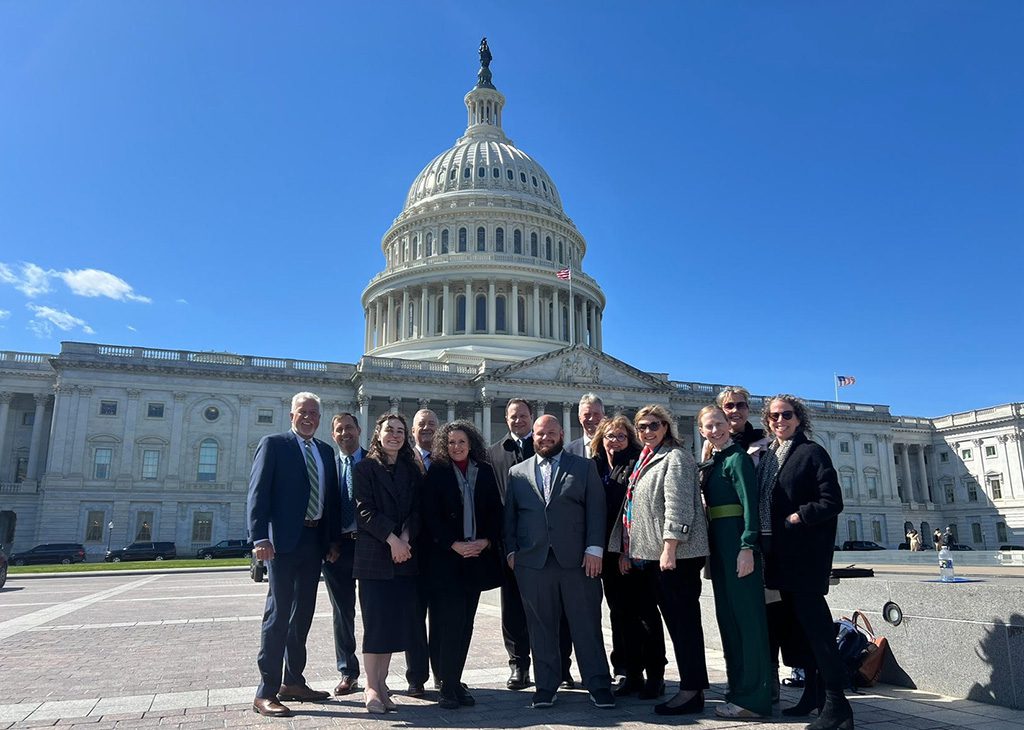 The Senate passed its version of the five-year Farm Bill after it was initially slowed over trade and other issues.
The Senate passed its version of the five-year Farm Bill after it was initially slowed over trade and other issues.
The measure was overwhelmingly approved on a bipartisan vote of 86-11.
The Senate vote stands in contrast to the vote in the House on its version as noted in the June 22, 2018 Week in Review where the bill was narrowly approved without any Democrats voting in favor of the measure.
The bill would establish federal policies for farm, conservation, crop insurance, nutrition, rural development and other programs for fiscal years 2019-23.
Significantly, both the House and Senate bills included an SAF-backed provision to protect innovators in the floriculture industry which virtually guarantees the provision remaining the in a final bill.
The House version of the bill also included:
Provisions to expand and improve crop insurance for producers of specialty crops.
Continued funding for the Specialty Crop Block Grant Program at $85 million per year, which funds programs to increase consumption and tackle regional research issues for specialty crops. The House directs USDA to issue guidance and work with States to make it easier to fund multi-State projects using these funds.
Continued funding for the Specialty Crop Research Initiative at $80 million per year and elimination of the citrus carve out, which is effectively a $25 million increase in the dollars available to all specialty crops.
$75 million per year is provided for Pest and Disease Programs, which includes $5 million for the National Clean Plant Network to combat new plant pests and diseases and to preclude the introduction of new diseases while allowing for the importation of new material for variety development.
Provisions for better coordination between the Environmental Protection Agency and the U.S. Fish and Wildlife Service in the evaluation of new crop protection products.
Directions for USDA to emphasize mechanization research in the administration of the Agriculture and Food Research Initiative (AFRI) competitive research grant program.
Since the House and Senate have passed different versions of the bill, a conference committee made of up members from both bodies will determine the language of a final bill that must be approved by both chambers before it can be sent to the president and signed into law.
SAF will continue to work to secure provisions beneficial to the floriculture industry remain in the final Farm Bill.





